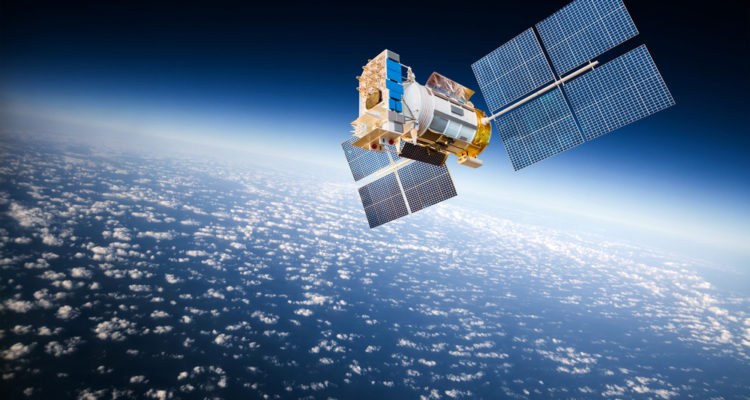The DIDO-3 unit will conduct four experiments on drug resistance in optimal microgravity conditions.
By Batya Jerenberg, World Israel News
The Israeli and Italian space agencies successfully launched a shoebox-size satellite into space Wednesday night that will run medical experiments by remote control, the Israeli Space Agency (ISA) announced Thursday.
Four “ground-breaking medical-scientific experiments” on the DIDO-3 nano-satellite will be managed by scientists from the Technion, Sheba Medical Center and the Hebrew University of Jerusalem in partnership with Italian researchers. The four will test drug resistance from a chemical, biological and medical perspective.
Doctors have been struggling for years with antibiotic-resistant bacteria, so-called “super-bugs” that have built up resistance to today’s medications. The UN estimates that millions of people will die in the coming decades if a solution isn’t found.
Prof. Ohad Gal-Mor, director of the Infectious Diseases Research Laboratory at Sheba told The Jerusalem Post on Thursday why experiments in outer space can help with this problem.
“At Sheba Medical Center, we already have preliminary data suggesting that micro-gravity reduces antibiotic resistance acquisition from experiments we performed on the ground using a special device that mimics micro-gravity conditions to some extent,” he said.
“Now we are able to repeat these results under ‘real’ micro-gravity conditions and see how the conditions in space affect this process.”
The DIDO series of nano-satellites were developed by Israeli-Swiss company SpacePharma, founded in 2012 to use the weightless conditions in space to research and develop new medications.
They contain miniaturized, end-to-end laboratories that can perform many kinds of medical experiments while being operated from anywhere in the world. The whole satellite weighs a mere 2.3 kilo (5.06 pounds).
According to ISA head Avi Blasberger, SpacePharma is the only commercial competition NASA has in conducting space-based lab research.
The DIDO-3 was one of some 50 nano-satellites from 13 countries that took off on a rocket launched from French Guyana. It is expected to begin emitting its first signals from space at 11:00 a.m. Israel time Thursday, and spend two months up in space.





